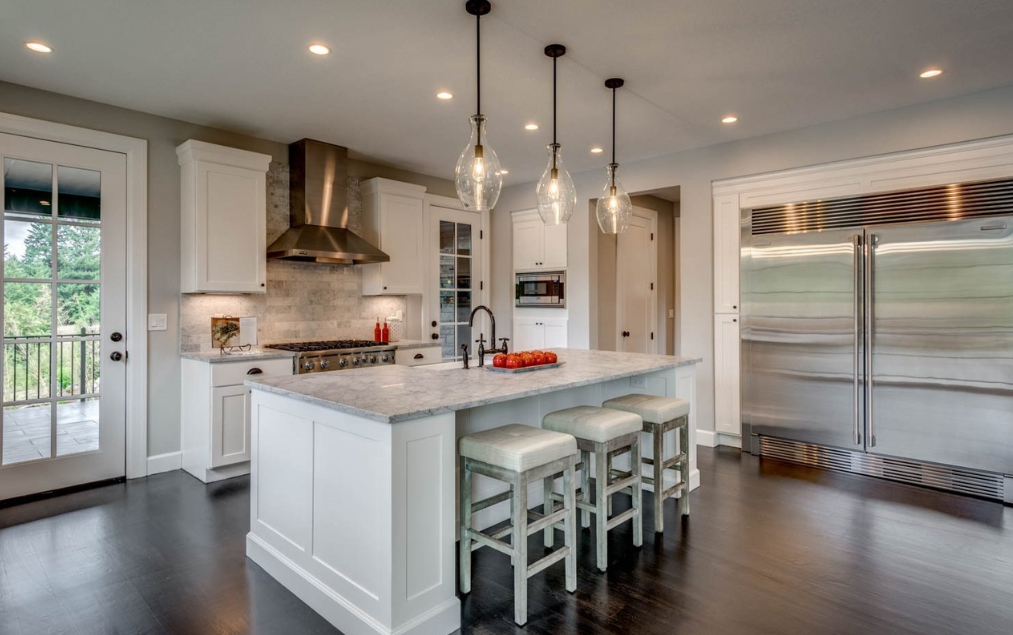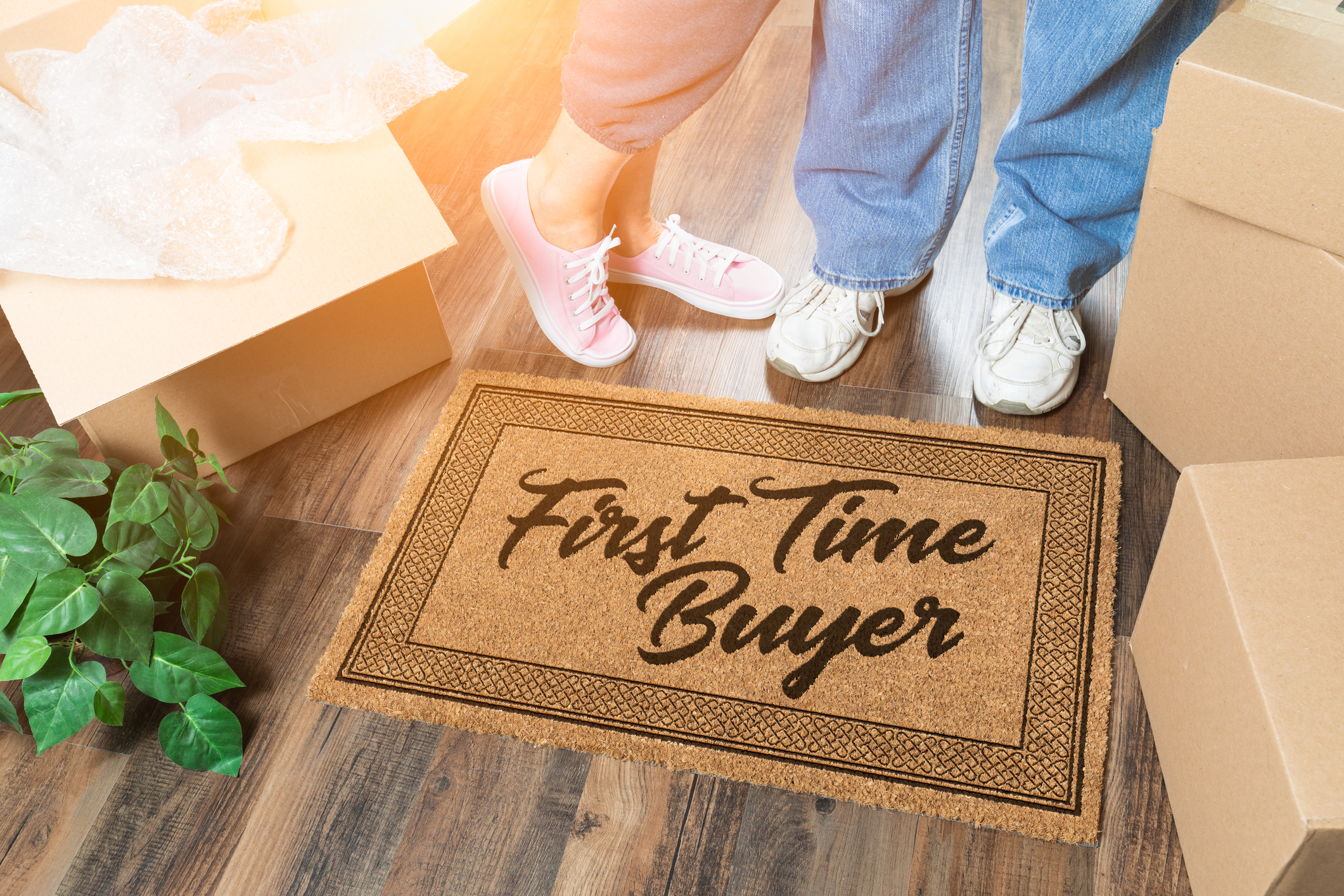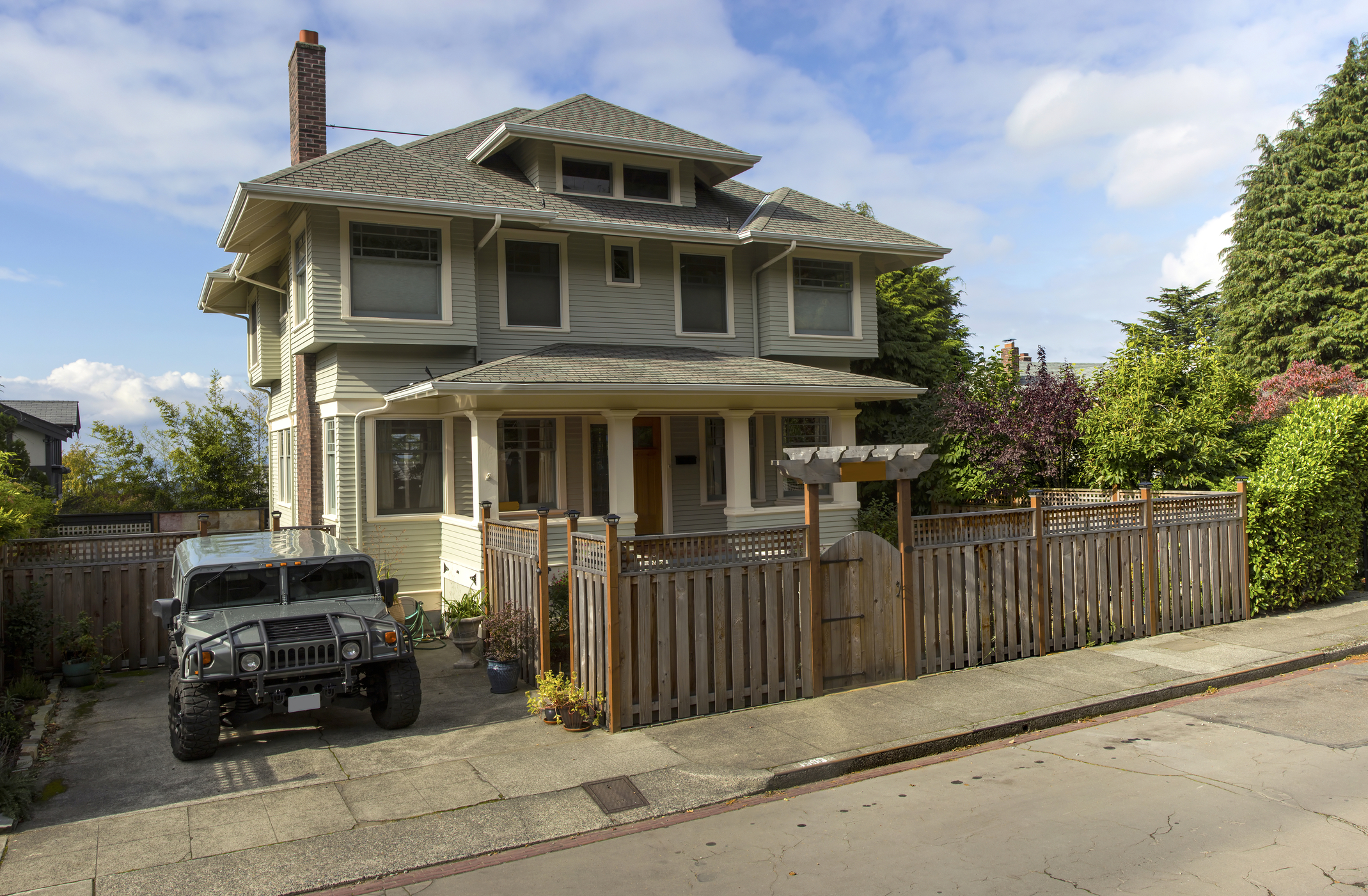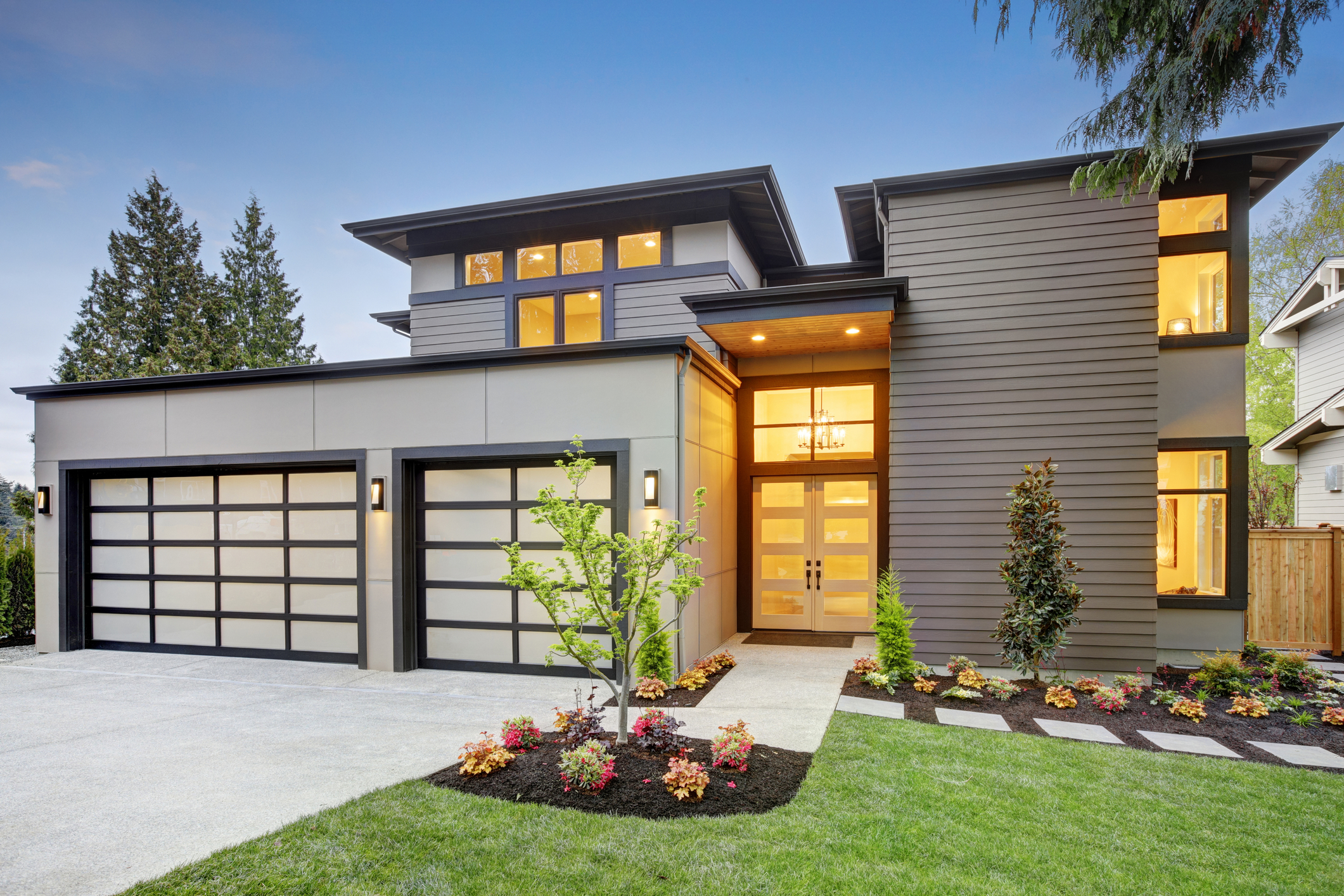Who Is Not a Good Fit for a Hard Money Loan?
Every week, FCTD receives inquiries from people who are not good matches for hard money loans. It's important to remember that hard money loans are...
3 min read
 Ted Spradlin
:
Jan 11, 2023 6:44:00 AM
Ted Spradlin
:
Jan 11, 2023 6:44:00 AM

If you’re new to hard money lending, you’re probably not familiar with the pricing structure or what “normal” hard money loan pricing, interest rates, fees, and closing costs look like. This is perfectly normal. Unless you’re a homebuilder or active real estate investor using hard money several times each year, you shouldn’t know about these types of loans. Hard money loans are often a loan of last resort for buyers whose bank loan applications are turned down at the last minute.
This blog post will cover hard money loan pricing, interest rates, fees, and closing costs for people who are new to this niche in the mortgage market. I’ll be covering the following topics:
Hard money loans, also known as private money loans, are short-term loans primarily used by real estate investors to acquire or renovate properties before selling or refinancing into a long-term bank loan.
The hard money lending market comprises five different types of lenders, or funding sources.
Each type of lender has a different pricing structure and will lend on different kinds of properties. Some lenders, like individual trust deed investors, will work through a mortgage broker like FCTD to fund lower-risk bridge loans on residential and commercial properties. A mortgage fund specializing in subdivision development and new home construction will charge higher interest rates and fees because there is greater risk — along with more work at origination and over the life of the loan, like site inspections, contractor lien releases, etc.

What looks easier? A staged new home listed for sale or a subdivision under construction?
For a hard money lender, a newly constructed single-family home that is professionally staged and listed for sale on the market is an easier, less risky loan than financing a subdivision with horizontal and vertical construction. The easier the property type, the better the pricing.
In 2023, hard money interest rates range from a low of 8.99% to a high of 14.00%. The lower the leverage, the lower the interest rates.
First trust deeds will have lower interest rates. I’m seeing 8.99% on low-leverage commercial property loans with up to 50% Loan-To-Value (LTV) in California, ranging to 13.00% on construction loans funded by mortgage funds in the Pacific Northwest.
With second trust deeds, the interest rates have been as low as 9.99% for a 42% Combined LTV (CLTV) hard money home equity line of credit (HELOC) on a long-term single family rental in Corona Del Mar, California. At the higher end, FCTD funded a 14.00% second trust deed at 65% CLTV on Bainbridge Island, Washington.
Below is the price range for closing costs and fees for the hard money loans that we at FCTD originate. Note that these are the most common fees — most loans have a few, but not all the fees listed below.
This should give you a good idea of hard money loan pricing, interest rates, fees and closing costs. As I mentioned above, the simpler the loan (i.e., a bridge loan for a single family residence versus a subdivision loan), the lower the fees. The specific loan scenario combined with the funding source (the five different types of hard money lenders) determines how the loan is priced.

Every week, FCTD receives inquiries from people who are not good matches for hard money loans. It's important to remember that hard money loans are...

I had a loan scenario come in through the website in 2022 where a non-military veteran was assuming a Veterans Administration (VA) loan, and needed a...

Hard money loans are a popular option for borrowers to quickly fund real estate projects with minimal documentation. However, these loans come with...